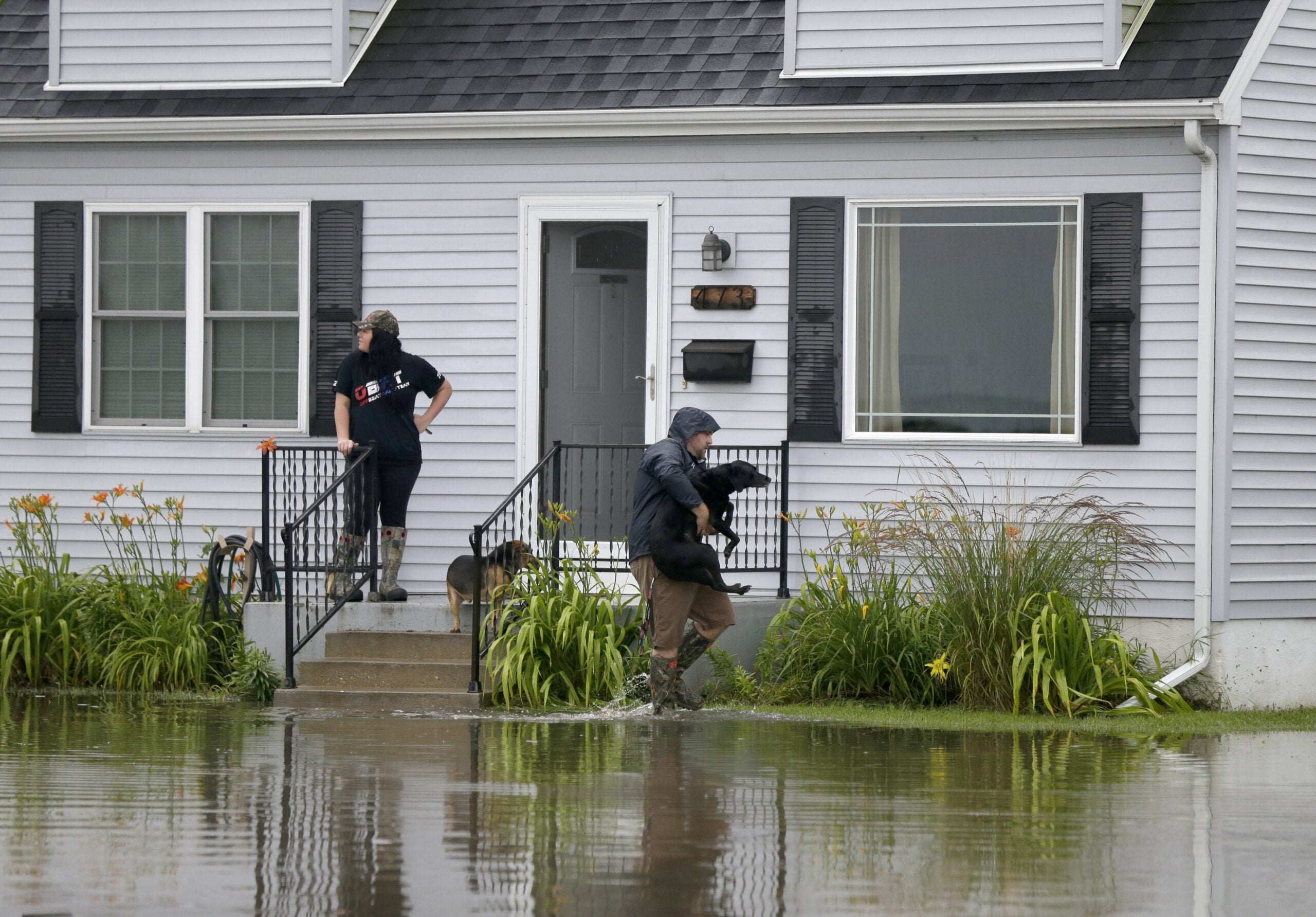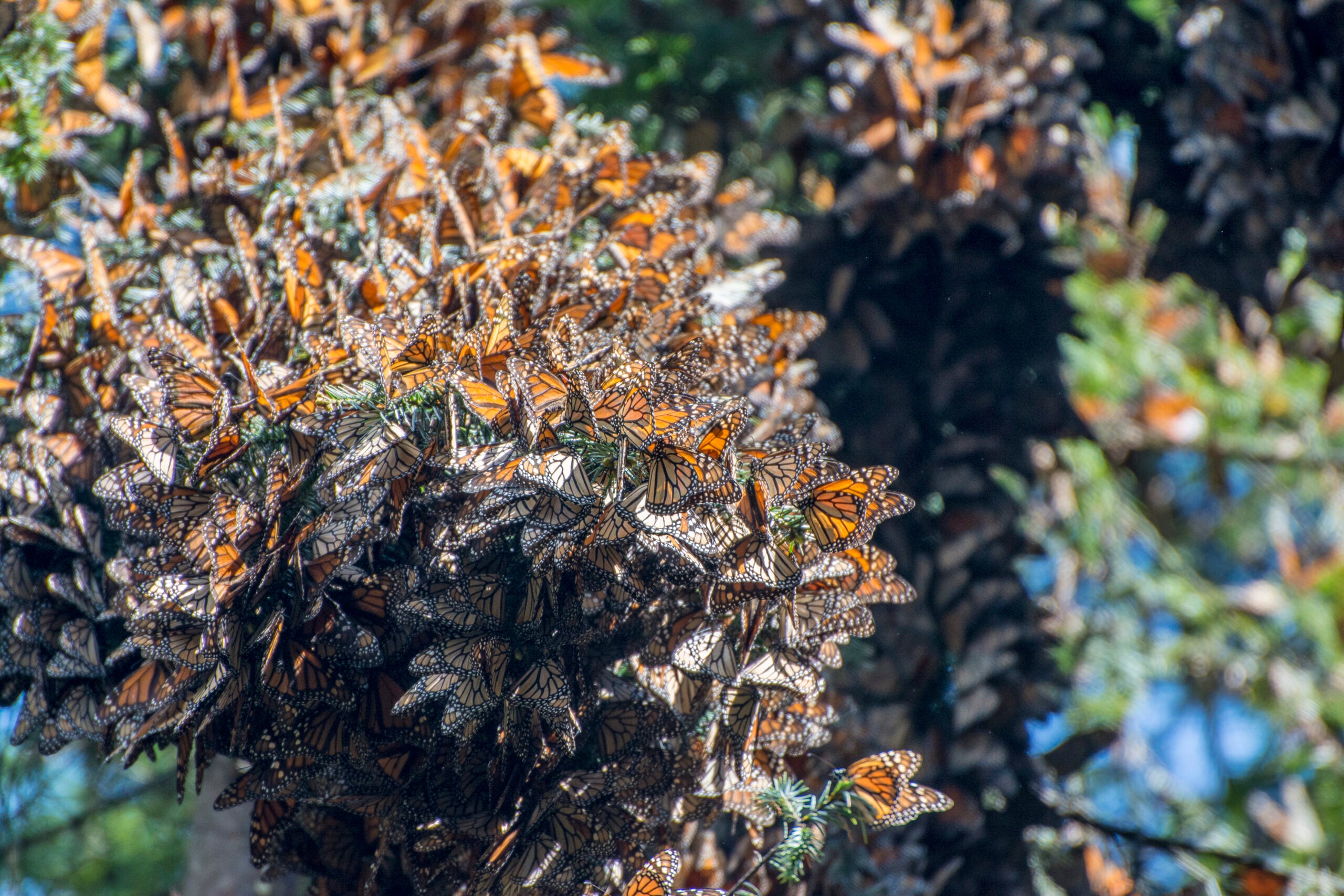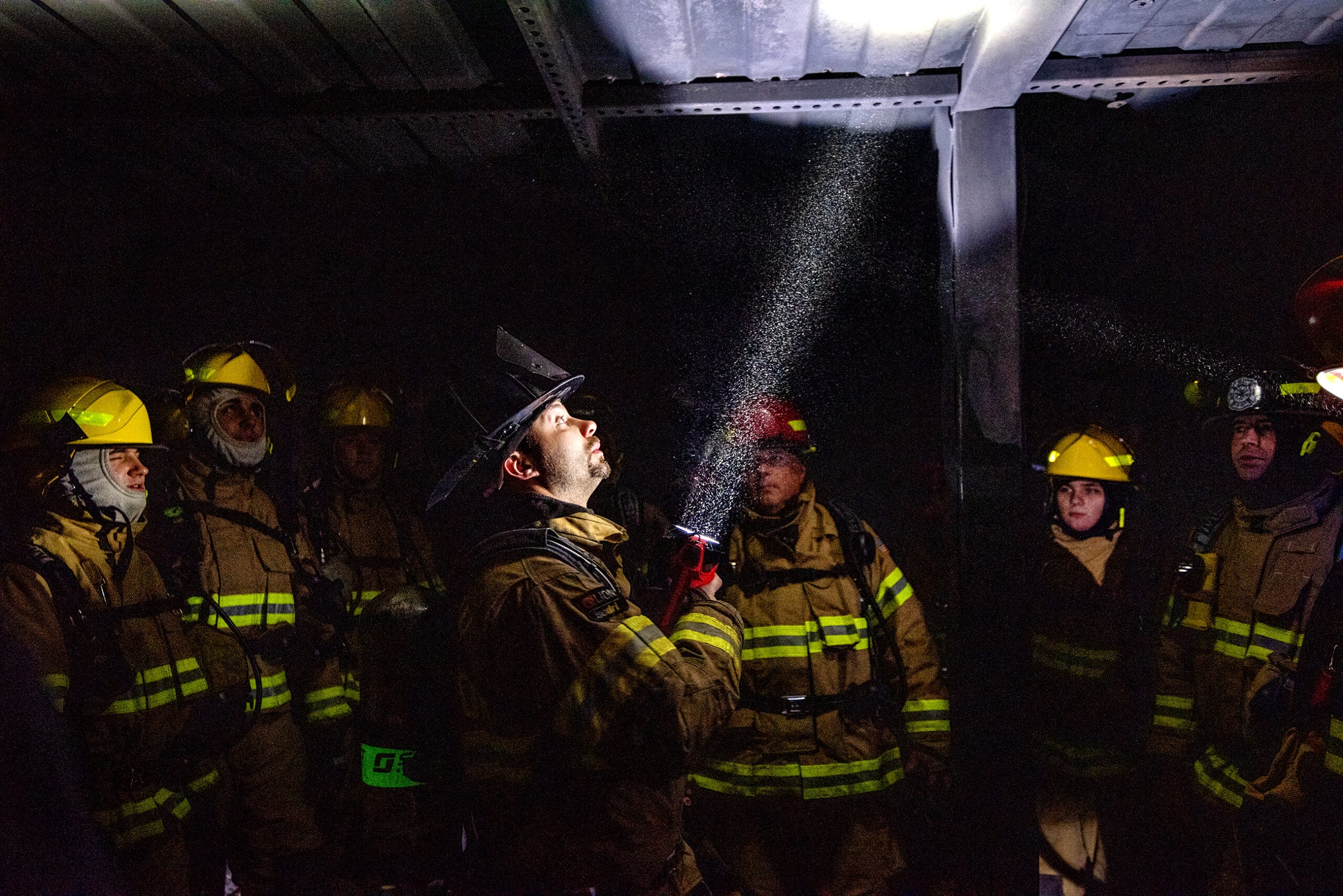A mass shooting at a country music concert in Las Vegas has left at least 58 people dead and over 500 injured. We talk to a gun policy expert about what kind of legislative changes he expects to see as a result of this shooting. A new study finds that by 2050, areas suitable for coffee growing in Latin America could decrease by up to 88%. We talk to the lead author about the results and the important role bees play in his findings. We also discuss the activities available to Wisconsin’s young people outside of school and how important they are to a healthy childhood.
Featured in this Show
-
How Climate Change Could Affect Your Morning Coffee
Coffee plants grow best in cool, mountainous regions. And, like many crops, coffee depends on pollinators like bees and wasps in order to thrive.
The latest research says that over time, climate change could cause major changes in land that’s suitable for growing coffee and other crops, as well as changes in the habitats and food sources of pollinators.
Many studies have suggested a drastic decline in land suitable for growing coffee in the future, according to Pablo Imbach, an agronomist with the International Center for Agriculture and the lead author of one such study.
Imbach and his colleagues found larger reductions in the total areas of land that could be suitable for growing coffee in the future than previous research has found, he said. The new study projects a decline of 73 to 88 percent of total area suitable for growing coffee in the future.
But does a decline in land where coffee can grow mean a decline in pollinators, too? Not necessarily, he said.
The study predicts a less drastic decline in bee richness — or the number of different species of bees found in a given area — than it does in coffee-suitable land. Average bee richness will decline 8 to 18 percent in coffee-suitable growing areas in the future, according to the study. All of the coffee-growing areas in the study are projected to have five bee species in the future, and 46 to 59 percent of coffee-suitable areas will have 10 or more bee species.
However, the study didn’t factor in potential destruction of forests or changing land use. It assumed forest cover in these coffee growing regions would remain the same.
And that’s “a big assumption,” Imbach said.
In order to thrive and pollinate coffee plants, bees need habitat and decent food sources nearby. That means maintaining forest cover close to coffee farms, as well as growing native plants that provide food for bees on coffee farms themselves.
“We don’t really know what’s going to happen with land use change in the next 20, 30 years,” he said.
So, will there be enough coffee in the future?
“We don’t have the full answer to that. We would need to run a global study (to know). But it seems from our study and others before that we might be facing a big threat both for vulnerable farmers and also the whole coffee industry,” Imbach said.
-
How The Mass Shooting In Las Vegas Will Affect Gun Policy In The U.S.
On Sunday night, one of the deadliest shootings in modern U.S. history happened outside the Mandalay Bay resort in Las Vegas. A gunman on a high floor of the resort opened fire on an outdoor country music concert, killing at least 58 and injuring over 500 hundred people, according to police. We talk to a gun control expert about what effect this shooting might have on U.S. gun policy.
-
Climate Change Poses Threat To Coffee Farming
A new study predicts that by 2050, the area suitable for coffee growing in Latin America will decrease by 88%. We talk to the study’s lead author about why coffee is so vulnerable, the challenges farmers will face, and the important role that bees play in his research.
-
Wisconsin Communities Look For Safe, Fun Places For Youth
Communities around Wisconsin are dealing with a common problem: a lack of things for teens to do, and places for them to hang out. An Iron County Extension agent says the best way to solve that problem is to bring teens on board in the planning process.
What is the situation in your community? Do young people have a good place to spend time together, or do they end up in less than desirable spots? If you’re a young person, or a parent, what do you think is the best solution?
Let us know by emailing ideas@wpr.org
You can also contact us here:
Tweet: @centraltimewpr
Facebook: https://www.facebook.com/theideasnetwork/Call during showtime: 1-800-642-1234
Episode Credits
- Rob Ferrett Host
- Veronica Rueckert Host
- Dean Knetter Producer
- Amanda Magnus Producer
- Rob Ferrett Producer
- Pablo Imbach Guest
- Adam Winkler Guest
- Neil Klemme Guest
Wisconsin Public Radio, © Copyright 2025, Board of Regents of the University of Wisconsin System and Wisconsin Educational Communications Board.


